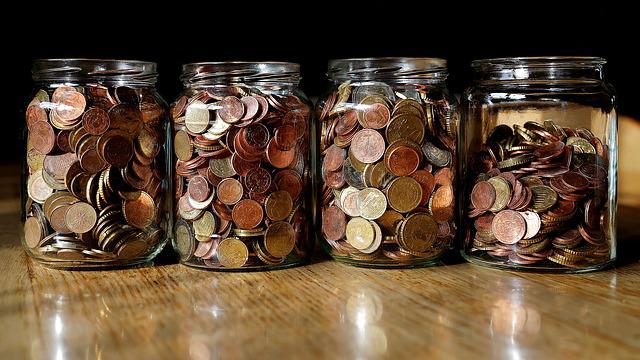Money supply is the amount of currency in circulation. It is a measure of the broad money supply, which includes cash, checking deposits, savings accounts, and time deposits.
Money supply is a key component of an economy as it determines how much money can be circulated and how much inflation or deflation can happen.
How Does money supply Affect GDP?
GDP is the most commonly used measure of a country’s economic activity. It is calculated by adding up all the production of goods and services in a given period.
GDP measures the value that is produced by an economy and is equal to the total value added or gross output less any depreciation. The GDP per capita measures how much a country’s economy produces per person.
When the supply increases, it causes inflation. Inflation is when the cost of goods and services rises. This can be problematic because it makes people spend more money on things that would have been cheaper before.
read also: How outsourcing cash management can help your business
Inflation also affects GDP because, to make up for the rising prices, people will spend less on goods and services which would have a negative effect on GDP.
What are the four types of the money supply?
Money is the most important commodity in a capitalist economy. It is used to measure the value of goods and services and to pay employees, suppliers, and other parties in exchange for their goods or services.
Read also: The Ultimate Guide to Financial Stability and How to Achieve It
It’s is a term that refers to the total amount of money available in an economy at one point in time. There are four types of money supply:
• Commercial money
• Fiduciary money
• Fiat money
• Commodity money.
Commercial Money
Commercial Money is created by banks when they make loans. To loan out funds, banks must have deposits from savers who deposit their cash into the bank account for safekeeping. When these depositors want their cash back, they can withdraw it from the bank account by giving written instructions on how much they want to withdraw at a specific time during
Fiduciary money
Fiduciary money is the most widely used type of currency that is backed by trust and it is accepted as a means of payment, for example, cheques.
Fiat money
Fiat money is money that is created by government decree, it is not backed by anything but the government that created it.
Commodity money
This refers to real goods like crops or livestock that are used as a medium of exchange. Electronic cash refers to digital currency which can be transferred electronically between two parties without any physical form.
Who regulates money supply?
The Federal Reserve is the main regulator of the money supply. It is responsible for controlling monetary policy, which includes influencing interest rates and managing the money supply. The Fed also oversees banks and other financial institutions to ensure they are not engaging in illegal activities.
The government can also control the supply of money by printing more or less currency by debasing or inflating it.
What happens if money supply increases?
When the supply increases, it can have a negative impact on the economy. This is because there is a limited amount of goods and services that can be produced with the available amount of money.
read also: The Ultimate Guide to Managing Inflation and How It Affects You
The increase in money could also lead to inflation, which would make goods and services more expensive for consumers.
What happens if money supply decreases?
In a recession, the money supply decreases. This can lead to a reduction in spending and unemployment. If the supply decreases, there will be less spending and more people will lose their jobs. People will have less disposable income to spend and it could also lead to a recession.
read also: Interest Rates : the dangers of rising rates and how you can prepare for it
Why do interest rates fall when the supply increases?
When the supply of money increases, the demand for it decreases. This is because people will want to save more and will not be as willing to borrow money.
Interest rates fall when the money supply increases because people want to save more, which leads them to lend less.
Interest rates are determined by the demand for loans and the supply of money. When the demand for loans decreases, people are less likely to borrow, which leads to an increase in interest rates.
Conclusion
The money supply is important because it is the basis of all economic activity. The amount of money in circulation affects the price level and interest rates and it also impacts the level of inflation.
In a modern economy, the supply is determined by the central bank, which controls monetary policy. Monetary policy refers to how a central bank manages its country’s money supply and interest rates.



